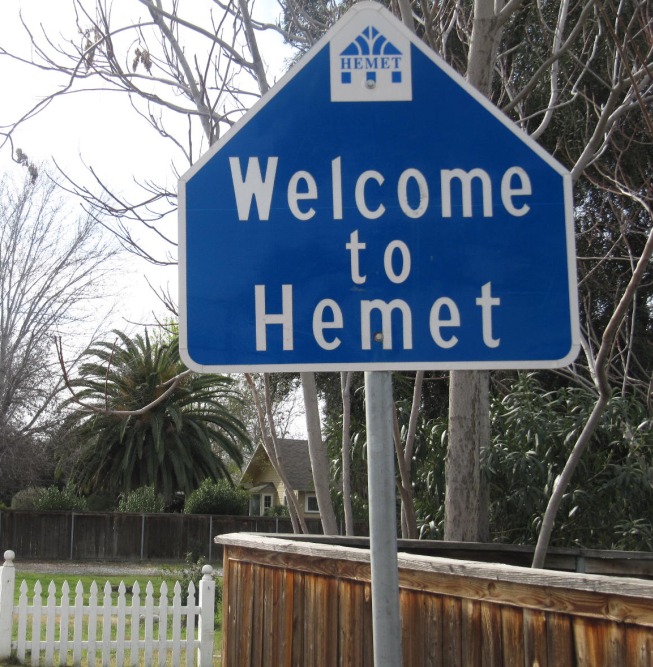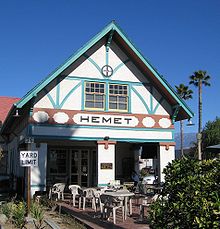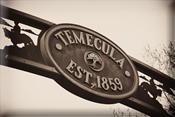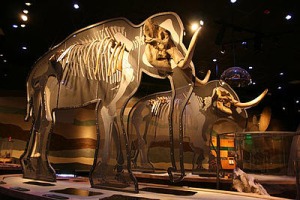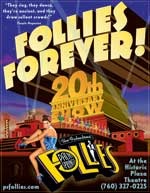What are the advantages of living in an Adult 55+
community?
An adult 55+ community is a good choice for
those that have raised their families and desire a quiet setting with security and neighbors with similar
interests. In an adult 55+ community, at least 1 person needs to be 55 or better. There is a minimum age for the
other residents as well, usually 45 or so. Children may visit, but typically for no more than 2 weeks. Senior
communities tend to have many kinds of clubs, activities, group travel opportunities and recreational
amenities.
Why would I want to live in an older community when
there are new ones being built? Some of the advantages of
a mature community are:
Mature shady trees and plantings. Prime
lots that may be all taken in a new community may be available in a mature
community. The management has a proven track record.
How do I identify well-managed
communities?
There is no substitute for actually seeing the
community for yourself. Take a drive through the community. Are the homes neat and well cared for? What about the
roads in the community, are they kept up? Stop by at the clubhouse or community office and chat with the staff. Are
they professional and courteous? Are the listed amenities the ones you want? If there are playgrounds and/or pools,
are they clean and is the equipment in good repair?
What information do I have to provide to a community
for a park approval? All manufactured home communities
require potential residents to go through an approval process. Generally, the community office will have a form to
be filled out asking for both personal and credit references. Since each community has different terms, be sure to
ask what the requirements are.
What questions should I ask to find the community
best suited for me?
When choosing a land lease community to
live in, you will want to make informed choices. Here are some of the issues that you may want to have answered by
the particular communities you are interested in:
What are your priorities? Do you want a community
where pets are allowed? One that is family oriented with
playgrounds, pools and in a specific school district? Or is an adult community preferable where children are only
temporary visitors? Ask for a copy of the rules and regulations of the
community, and read them carefully, to be sure that you understand and are willing to abide by these
rules.
What are the terms of the
lease you will have to sign? Get everything in writing so you don't forget the different
offers and rates for each community you email. If you are placing a new
manufactured home within the community, determine who is responsible for installation, the community or the
retailer, you purchased the home from.
What will be the charges for new
hook-ups?
If and when you decide to sell your home, does
the community have any regulations you must take into consideration? (i.e. maximum age of home allowed in park,
etc.)
What protection
are you offered if the owner sells the community? Will there be assistance with relocation expenses if the land is sold for another use and you
must move your home?
Are there community fees and what do they
include? Some communities have additional fees that
include trash removal, snowplowing, street maintenance and common area upkeep and some include it in the lease
payment. Some also have a fee per child or pet.
Additional Questions to
ask...
How is the community's security?
Is the community well lit?
Does the community offer gated or guarded entry?
What area or community would you like to live in?
One that is close to work or other family members?
Close to recreational activities?
Out in the country or close to city conveniences?
Family oriented or Active adult?
Close to schools?
One that has easy highway access?
Do you want any special community amenities?
Such as clubhouse, laundry facilities, landscaped home site or installed sprinklers, municipal water and sewer,
curbside rubbish removal, swimming pool, playground or day care center? Are pets
allowed? Are you interested in a particular school district, city
or county? Is having a neighborhood park, lake or beach important features for you?
What are the different sizes
available?
There are 2 terms used in the manufactured
housing industry.
The term 'singlewide' is used on a home that is 12-18 feet wide and from 30 to 80
ft. long. These homes run in size from 360 sq. ft. to 1,440 sq. ft.
The term 'doublewide' is used on a home that is 24-28 feet wide and from 40 to 80 ft.
long. These homes run from 960 sq. ft. to 2,240 sq. ft.
Contact Us...
Next
| 


